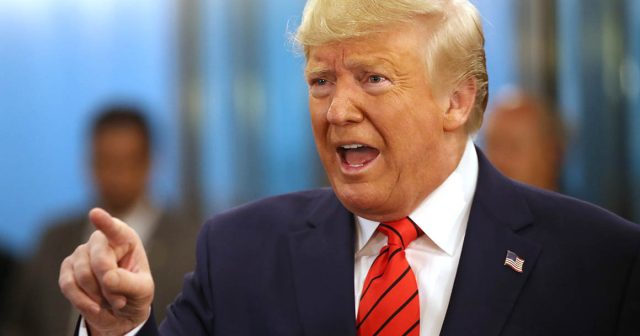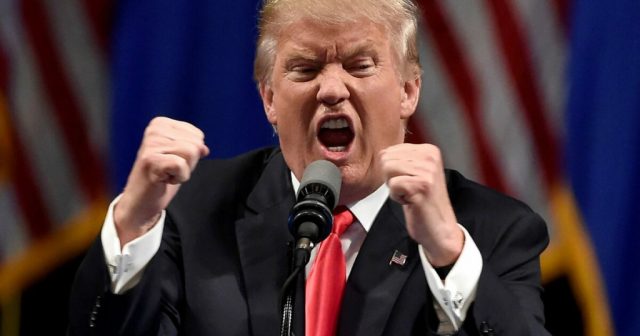Pro-Russian blogger and journalist detained in Armenia
The news of the arrest of journalists, one associated with “Sputnik Armenia” the Armenia branch of a state-funded Russian media outlet, and the other known for his pro-Russian stance, has sent shockwaves through the context of already strained Armenia-Russia relations.
“Sputnik Armenia” journalist Ashot Gevorgyan, along with pro-Russian blogger Mika Badalyan and five others, faced arrest on suspicion of illegally acquiring, possessing, and selling weapons and ammunition. The National Security Service initiated criminal proceedings on August 24, leading to the arrests conducted on September 6 and 7. Liana Grigoryan, the lawyer representing both Ashot Gevorgyan and Mika Badalyan, stated that the situation was a misunderstanding, and her clients were not involved in the possession of the weapons and ammunition. She asserts that the weapons were found in Ashot Gevorgyan’s car. Lawyer Grigoryan firmly maintains that her clients were not involved with the discovered items and she is confident that their innocence will become more apparent as the case unfolds.
The statements from Russia have not been delayed. Initially, the Russian embassy in Yerevan issued a statement expressing concern about the fate of those who were arrested, stating that they are in contact with the editors of the news agency and closely monitoring the situation. Subsequently, Maria Zakharova, the spokeswoman for the Russian Foreign Ministry, highlighted the shock within the Russian information sphere upon learning of the news. She argued that the provocation that occurred during the Russian-Armenian media forum appeared to be aimed at disrupting this significant event for bilateral relations. Zakharova suggested that the forces behind this provocation are those who are not interested in fostering closer ties between our countries and peoples.
The war of words between Armenian and Russian officials has intensified in recent days, mirroring the strained relationship between the two countries. Tensions reached a peak when Prime Minister Pashinyan, during an interview with La Repubblica, suggested that Russia was “withdrawing” from the South Caucasus region. In response, Dmitry Peskov, the Press Secretary of the President of the Russian Federation, countered by stating that Russia is an integral part of this region and cannot simply depart.
The days ahead will provide insight into the direction of Armenian-Russian relations. These two countries share a close alliance and are members of both economic and military unions, making their future interactions a topic of significant interest and importance.




